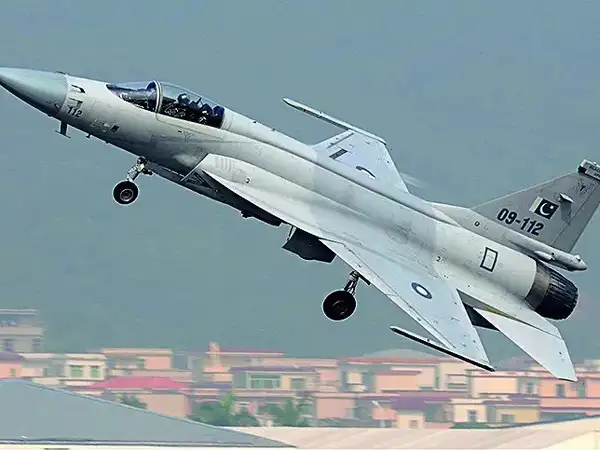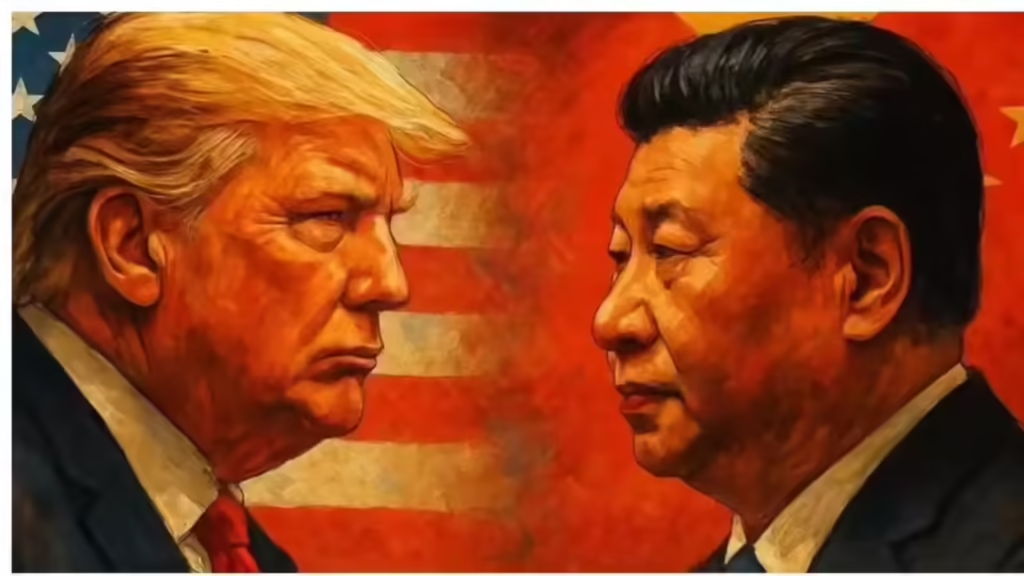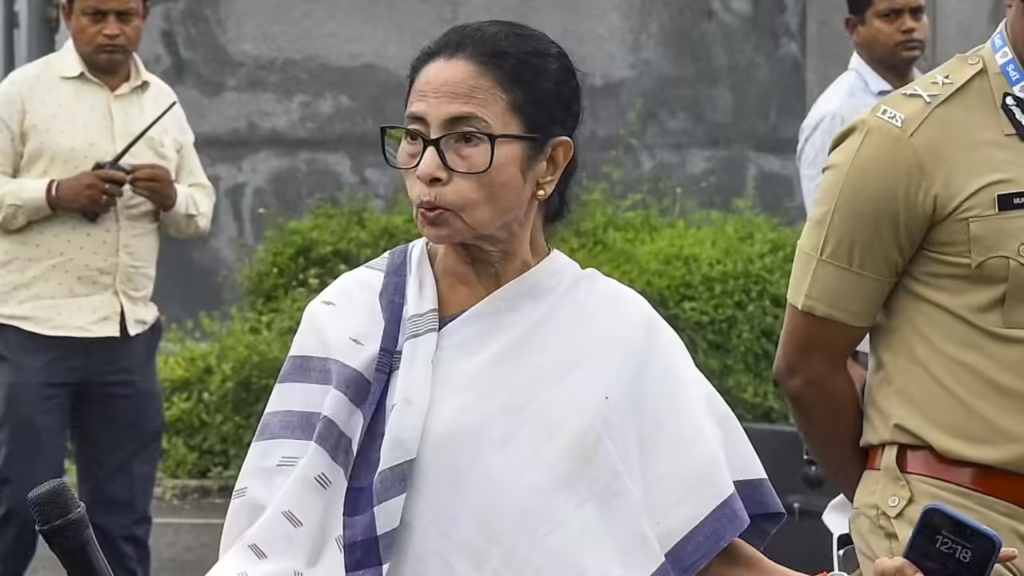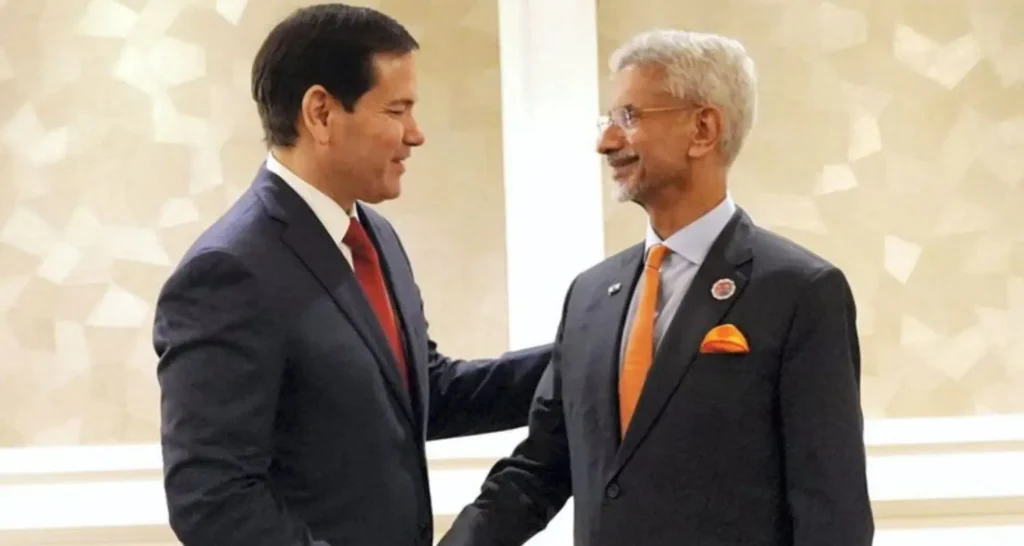Now Reading: Political Tensions Escalate Over Alleged Russian Jet Engine Deal with Pakistan
-
01
Political Tensions Escalate Over Alleged Russian Jet Engine Deal with Pakistan
Political Tensions Escalate Over Alleged Russian Jet Engine Deal with Pakistan

A political controversy erupted in India when the Congress party accused the Modi government of allowing Russia, a key ally, to supply advanced RD-93MA engines to Pakistan for its Chinese-made JF-17 fighter jets. This accusation was based on a media report. In response, the BJP refuted the allegations, pointing to another media report in which Moscow denied the claims, labeling them as false. The dispute adds to ongoing political tensions, with both parties using differing media sources to support their positions regarding sensitive international defense relations and national security.
Congress’s Concerns Over National Security
The Congress party expressed alarm over reports suggesting that Russia might supply RD-93MA engines to Pakistan. Party leader Jairam Ramesh questioned the Modi government’s handling of foreign policy, describing the potential deal as a failure of “personalised diplomacy.” He urged the government to clarify why India’s strategic ally would proceed with such a move, potentially undermining India’s security interests. The Congress emphasized the need for transparency and accountability in defense and foreign policy decisions.
BJP’s Rebuttal and Allegations Against Congress
The BJP swiftly countered the Congress’s claims, labeling the reports as “reckless information warfare.” Party spokesperson Amit Malviya accused the Congress of siding with the enemy by amplifying unverified reports. He referenced a Russian denial of the alleged engine deal, asserting that Moscow had termed the claims as “mischievous and baseless.” The BJP also criticized Congress for relying on media reports from sources deemed unreliable, suggesting that the opposition was undermining India’s diplomatic relations for political gain.
Russia’s Official Denial and Expert Perspectives
Russian authorities have officially denied the reports, stating that there are no plans to supply RD-93MA engines to Pakistan. They described the allegations as “mischievous and baseless,” aiming to dispel concerns about a potential shift in Russia’s defense partnerships. Additionally, Russian defense experts have suggested that if such a deal were to occur, it could benefit India by keeping the JF-17 aircraft predictable and within the operational parameters familiar to the Indian Air Force. They argued that the RD-93 engine’s characteristics are well-known to India, potentially offering strategic advantages in monitoring and countering the aircraft.
Conclusion
The controversy over the alleged Russian jet engine deal with Pakistan highlights the complexities of international defense relations and domestic political dynamics. While the BJP defends the government’s foreign policy actions, the Congress raises concerns about national security implications. As both parties continue to debate the issue, the official Russian denial adds a layer of complexity to the discourse. This incident underscores the challenges India faces in navigating its strategic alliances and maintaining national security interests amidst evolving global defense partnerships.

























